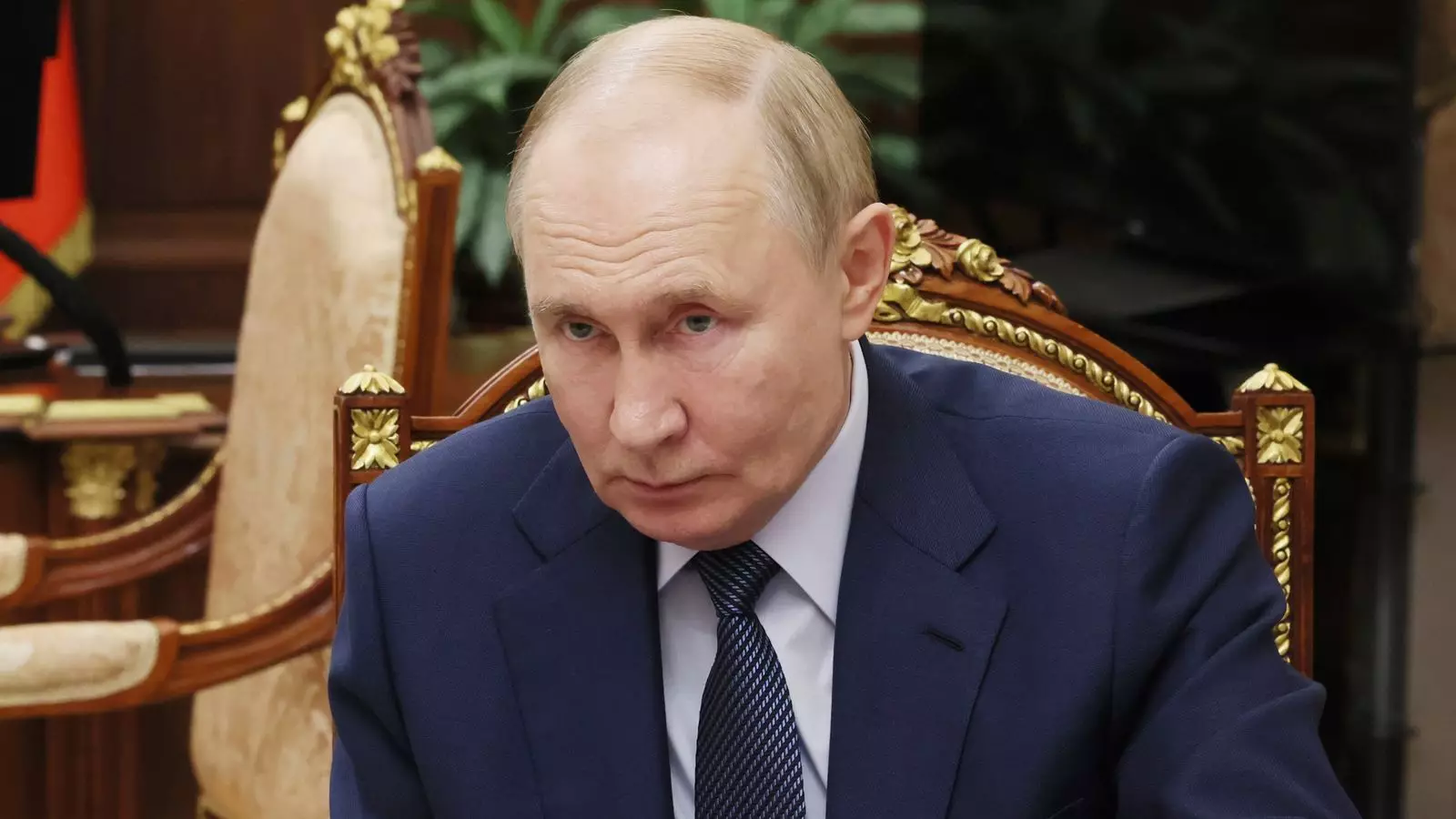In response to the escalating conflict in Ukraine and the three-year mark of Russia’s invasion, the UK government has announced a new sanctions package targeting Russian oligarchs with ties to the Kremlin. This move is a critical component of the UK’s strategy to confront the lingering threat posed by these elite figures who are perceived to support the aggression of President Vladimir Putin.
Details of the Sanctions Package
The Home Office has detailed that these new measures will allow the UK to ban individuals who have significant connections to the Russian state. This includes those who derive substantial wealth or status from their relationship with the Kremlin and those who have close access to high-ranking officials within the regime. The announcement notably coincides with the third anniversary of the invasion of Ukraine, emphasizing the UK’s commitment to standing in solidarity with the Ukrainian people against oppression and war crimes. This strategic timing underscores the government’s determination to adopt a firmer stance against Russian aggression.
Security Minister Dan Jarvis issued a stern warning about these new sanctions, reinforcing that border security is intrinsically linked to national security. Jarvis stated, “the measures announced today slam the door shut to the oligarchs who have enriched themselves at the expense of the Russian people while bankrolling this illegal and unjustifiable war.” This stark message not only highlights the UK’s intentions but also serves as a direct rebuke to those benefiting from Russia’s political climate while undermining British values.
In framing these sanctions, the government described Kremlin-linked elites as posing a “real and present danger” to British society, as they publicly denounce values synonymous with the West, while simultaneously reaping the benefits of life in the UK. This paradox raises essential questions about the moral and ethical implications of harboring such individuals, especially as they continue to undermine global peace efforts through their financial support of military aggression.
The UK has not only imposed sanctions but has also taken aggressive steps toward dismantling financial networks that facilitate the laundering of Russian money. Following the onset of the Ukraine war, the UK government implemented measures designed to close loopholes utilized by oligarchs to evade financial restrictions. Operation Destabilise, led by the National Crime Agency (NCA), stands out as a significant action point in this campaign. In November, the NCA disrupted two major money laundering networks linked to Russia, managing to make a staggering 84 arrests and seizing over £20 million in illicit funds.
The involvement of individuals such as Ekaterina Zhdanova, accused of running an extensive money laundering operation, exposes the complexity and extent of these networks. With Zhdanova currently in custody awaiting trial in France, the larger question looms: how many more facilitators of financial crime are eluding justice?
With ongoing discussions between US officials and their Russian counterparts taking place in Saudi Arabia regarding the future of Ukraine, the lack of representation from Ukraine or its European allies raises eyebrows. President Volodymyr Zelenskyy has made a firm declaration that Ukraine will not endorse any peace arrangement it isn’t part of, a viewpoint strongly supported by UK opposition leader Sir Keir Starmer.
With the UK government’s renewed sanctions and its commitment to monitor and disrupt Russian financial operations, the nation positions itself not only as a defender of Ukrainian sovereignty but also as a global leader in advocating for ethical standards in international relations.
As the geopolitical landscape evolves, the UK’s actions signal a decisive stance against authoritarianism and aggression. By targeting those who enrich themselves at the expense of human rights and democratic values, the UK hopes to deter further transgressions by the Russian government. In doing so, it sets a strong precedent for other nations to follow suit, reaffirming the importance of collective action against tyranny in the fight for global stability and justice.


Leave a Reply